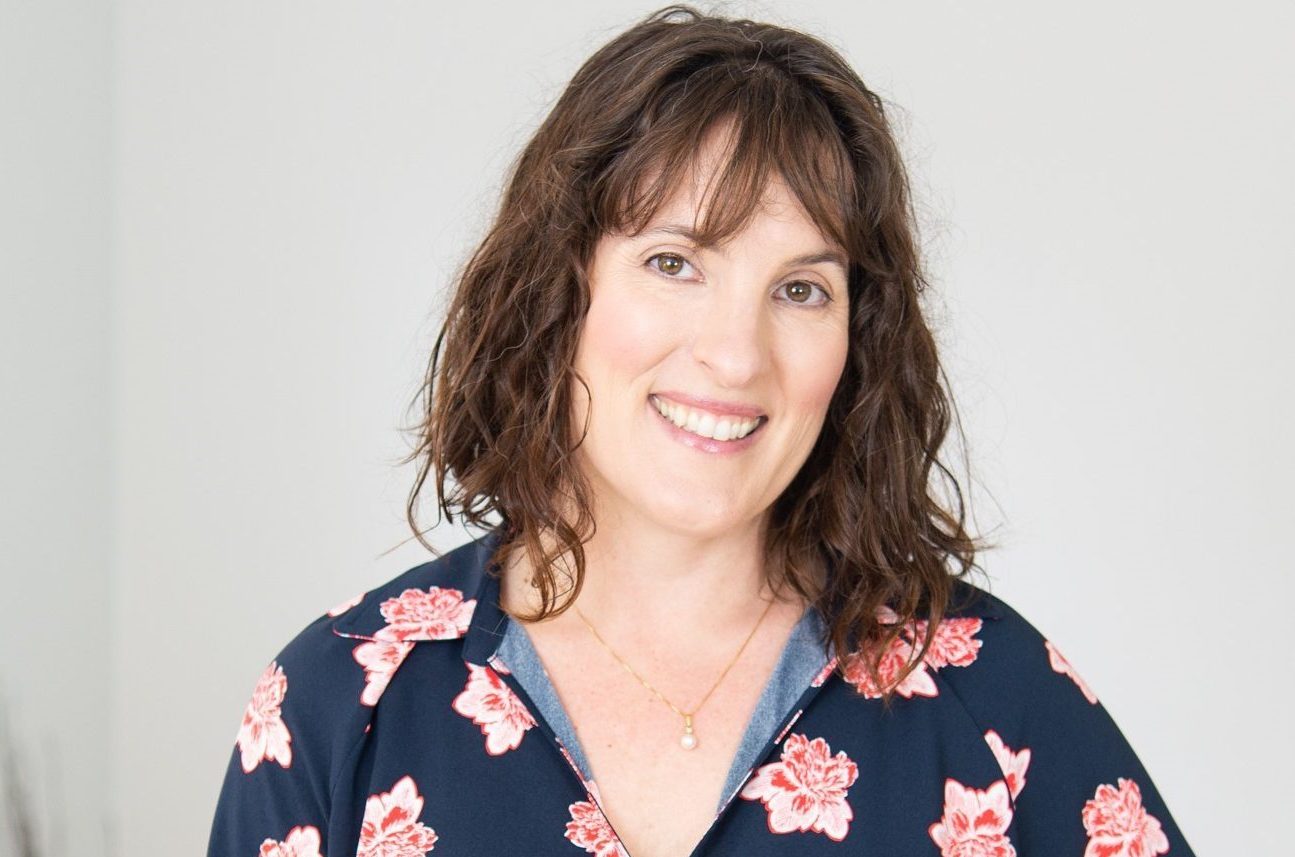We are pleased to announce that Beth Russell, Associate Professor in HDFS and CSCH Steering Committee member, has taken on the role of CSCH Co-Director. Russell recently answered some questions about how she became interested in her field and what drew her to CSCH.
We wrote a short CSCH profile on you two years ago but tell us more about your background and how you became interested in self-regulation. Where did you go to school and what set you on your path?
I left my hometown of Boulder, CO for Massachusetts in 1995 to study pre-medicine at Hampshire College with the general thought of working in maternal and child health. One of my first classes explored the transmission of malaria in sub-Saharan Africa that carries exacerbated mortality rates for young children. Efforts to prevent the disease began by engaging wives and mothers as community leaders. Later in my college career I would train as an EMT and spent a summer interning in a Neonatal Intensive Care Unit. That internship again emphasized the role parents play in supporting health and well-being outcomes for vulnerable infants. While I would shift away from medicine, the seeds for my career today were planted then.
I spent 2 years working for a community mental center and as a research assistant for Early Head Start back in CO before heading back East to complete my doctoral studies in Human Development and Family Sciences at UConn. I focused my work on understanding how infants develop self-regulatory capacities – specifically self-soothing and distress management – within the context of the parent-child relationship. Over the last twenty years I have extended my studies beyond infancy to study self-regulation throughout the lifespan, considering the contexts in which individuals experience distress and how they muster resources to cope with those challenges.
What work are you most proud of?
I am proud to be among the scientists striving to understand the family context in which resilience is built – particularly among those facing health issues like chronic pain or substance use disorders.
Tell us about what you are currently working on. Has your work been affected by the pandemic?
Very much so. I was preparing to recruit high risk students for a randomized trial of coping interventions the same week COVID led to widespread closures throughout the US. That grant team pivoted quickly to move our interventions online, and also launched a second broader study of stress and coping during COVID among adults nationwide. While those pivots and developments required a lot of agility and creativity without a lot of certainty about how the pandemic would unfold, we were ultimately relatively successful. Several hundred students contacted us to participate in the intervention study, and the COVID stress work ultimately included six waves of data with over 1500 participants. Alongside those efforts, a second team of mine also recruited over 400 parents to study their family experiences during the pandemic. That group is getting ready to analyze our 12-month follow-up data as we speak.
In your original CSCH profile you mentioned that you like to travel. How are you coping with travel restrictions during the pandemic?
We’ve tried to take a few long-weekend road trips with just the family quarantine pod and loved seeing new beaches in RI and checking out the Hudson River Valley in NY.
You joined the CSCH steering committee back in 2018. What draws you to become CSCH Co-Director and what do you think about CSCH’s future role?
I am deeply committed to interdisciplinary research and community partnerships – those values underpin my work as the Director of the Center for Applied Research in Human Development (CARHD) and are also central to CSCH. Once I was tenured in 2017-2018, I was able to invest more of my energy in pursuing that work and was thrilled to join CSCH. I see the Collaboratory as one of the most vital groups of stakeholders advancing our understanding of the contexts that support child well-being. In particular, I’m eager to see how the program evaluation expertise in CARHD could be leveraged to support CSCH.
What keeps you going these days? Where do you draw strength?
I love spending time in my gardens – growing things is probably my deepest passion project. I am also blessed to have a wonderful family all close enough to quarantine with; we’ve learned new board games and built up quite a library of movies for family nights over the last 18 months!
